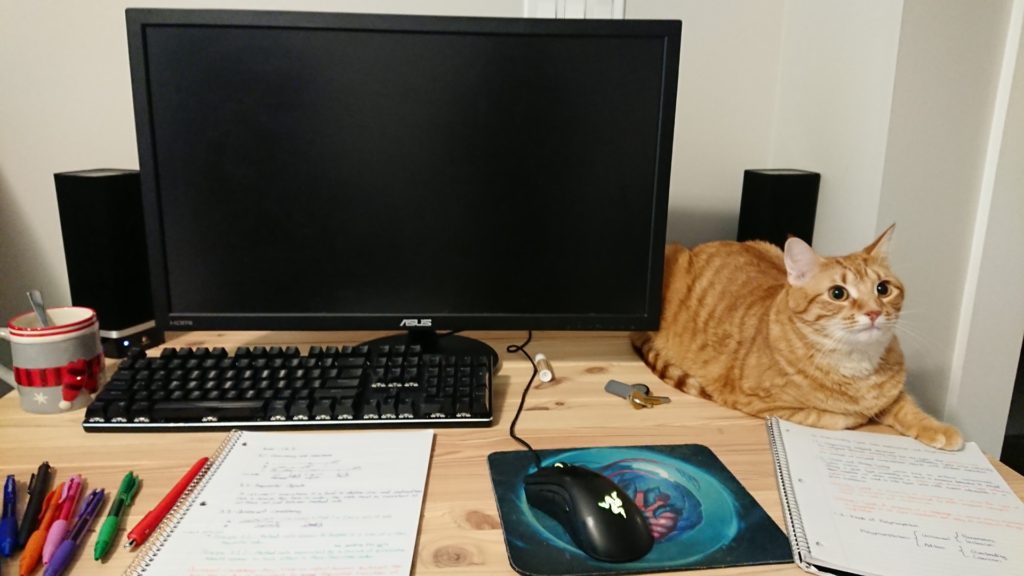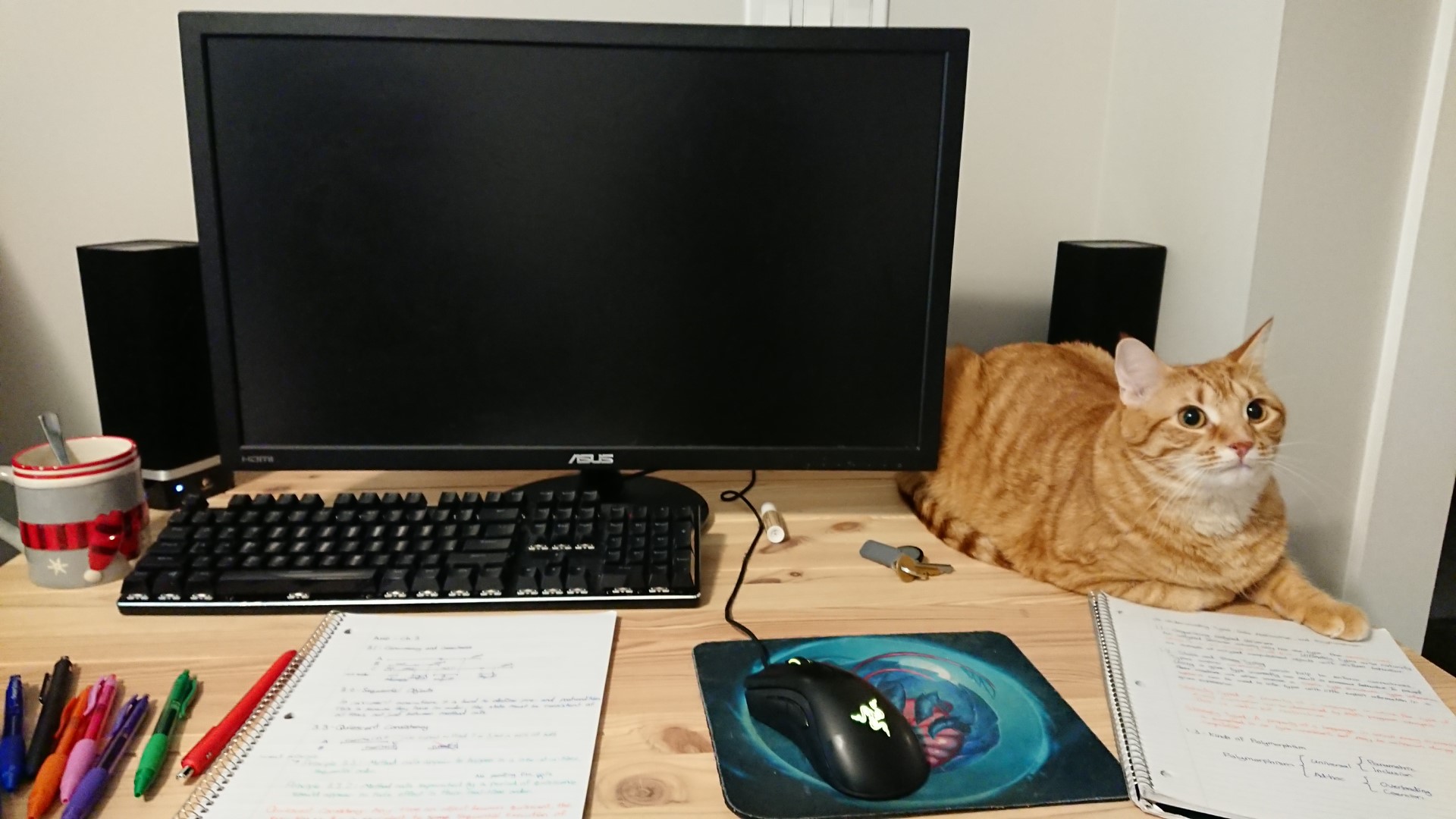
The nitty-gritty of study success!
By EG Manilag, Staff Writer
It’s quite common for students to get burned out—especially when absorbing tons of information, writing essays, studying for quizzes and exams—and this is without even mentioning a job and other extra-curricular activities. Everything looks harder with this spinning in our heads, and the feeling often leads to unproductivity.
It’s as if the more time we spend on focusing on a particular activity, the more time we waste, leaving boxes on our to-do lists unchecked. But what if we could increase our productivity by doing less? What if we could maximize rewards by minimizing effort? Sound delusional? Well, it isn’t! By applying the “Pareto principle” and respecting the “Spacing effect” in our study habits, we can become more resilient against study burnouts.
The principle, otherwise known as the “80/20 rule,” is a theory formulated by economist Vilfredo Pareto stating that 80 percent of the effects come from 20 percent of the causes. He noted that 80 percent of Italy’s land was owned by 20 percent of its people. Pareto’s principle can be applied to almost anything: 20 percent of customers produce 80 percent of revenue; 20 percent of a book’s pages contain 80 percent of the most important information. For demonstration, let’s say that a particular history book takes 10 hours of reading to be 100 percent complete. Applying the principle, we can say that 80 percent of the most important information is found within two hours of reading. We could also finish reading, but it would take roughly eight hours—only for that 20 percent of information.
Ultimately, we could use this principle in our study habits and become efficient. By studying and focusing on the most important 20 percent of information from whole the term (which is often pointed out by our instructors) not only can we obtain better grades, but we can also save some time and effort to spend on fun things.
The Pareto principle is a good one, but it can be better if paired with the spacing effect. I first heard of this term in my psychology class. One of my favourite TV shows, Brooklyn Nine-Nine, introduced the term “compartmentalize” to me. It is defined as dividing things into sections or categorizing. The operational definition of compartmentalizing is quite similar to the spacing effect, with regard to dividing tasks. According to my Psychology textbook (Schacter, Gilbert, Wegner, and Nock) “Spacing effect suggests that learning is greater when studying is spread over time rather than studying the same amount in a single session.”
This idea is further echoed by other psychologists. “Spacing is more effective than cramming, even if total study time is controlled,” said University of California researcher Nate Kornell from his study regarding the optimization of learning. The spacing effect is a noteworthy and empirically proven idea to consider when forming study habits.
Previously, I thought that spending a lot of time studying one to three times a week was the best method—but it’s not. Last semester was the hardest semester of my life so far, due to the fact that I took five courses in total plus a part-time job. Although it didn’t stop me from keeping the fire burning, it was exhausting. I felt so pressured at that point, and I sometimes missed a day of study because of work-related stress. I know cramming wouldn’t do me any good, but I still believed that it would pay off—yet it generally didn’t.
Now with my modified habits, I study two weeks before the exam by doing a quick read-through on each course every day. When exams are approaching, I can simply do another quick read-through on specific information and save time for my other exams. To make a long story short, I got good marks, plus I also noticed that I had a lot more time to spare. Studying through spacing feels ineffective at first but progressively, the feeling changes as it stimulates your brain into familiarizing and internalizing the information you’ve studied, making you mentally prepared for what’s coming.
When one considers these two principles—focusing on the more important information and studying over multiple days rather than all in one day—as habits for studying, it is clear that one will involve less studying every day while still studying effectively. I could have saved myself a lot of grief if I had known these rules sooner. I could have had fewer burnouts and more time to spare. Some students may already be applying these techniques, but for those who aren’t, well, it’s never too late. Happy studying!



